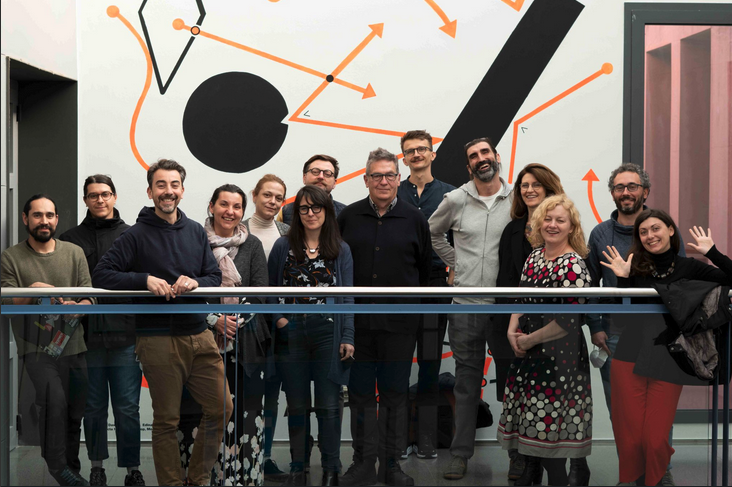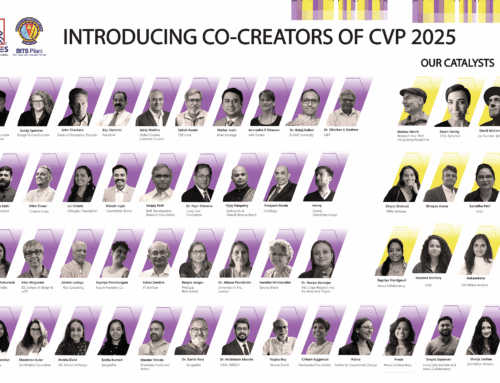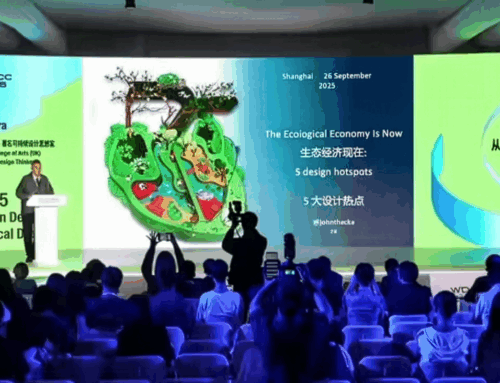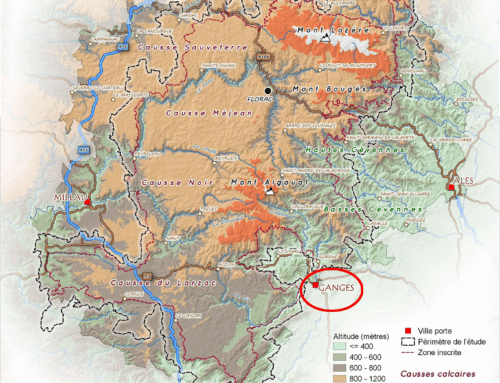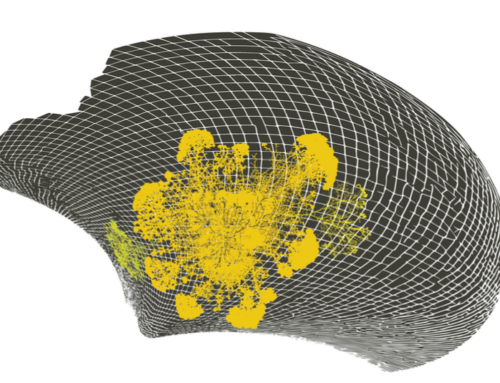The Open School for Village Hosts – a pan-European Erasmus+ project – has been launched in Barcelona. Above: project partners meeting at Elisava earlier this month. (This post is a preview: the project’s website will be launched shortly).
Village Hosts bring new social, economic and ecological life to small villages and their local economy. They create new livelihoods, and good work, in emerging urban-rural markets: positive-impact tourism, nature reconnection, adventure sports, farm-shares, learning journeys, wellness retreats, work-vacations, heritage trails, and more.
To realise these opportunities, Village Hosts seek out and connect assets that may already exist in a community, but are unknown, or isolated: people, places, buildings, and skills.
Based on these new connections, Village Hosts develop services sustained by new business models: remote working, co-housing, platform co-ops and others.
Village Hosts enable diverse partners and stakeholders to work together – often for the first time. Their work is a form of green infrastructure.
Although the description ‘Village Host’ is new, similar work is of course being done at at a local level by local pioneers, social innovators, and enterprising local officials. From the outset, we will reach out to these people and networks and seek ways to collaborate. But many more such people are needed. In Italy alone, 5,500 small villages (those with 5,000 or fewer inhabitants) have been declining; in Spain, 3,500; in Serbia, 4,700 – to name just three of the countries represented in this project.
Knowledge, skills and qualities
An unusual combination of knowledge, skills and qualities are needed to be an effective Village Host.
Village Hosts need ‘hard’ capabilities such as digital skills, or business planning. But as collaboration experts – people who connect people – a Village Host’s most valuable skills are often so-called ‘soft’ ones: hosting, convening, facilitating, animating, and co-ordinating. Another consideration: every village is unique. The Open School for Village Hosts will therefore not be based on a standard curriculum. Instead, we will identify the range competencies that a Village Host could need, and enable students to access micro-courses and other forms of learning.
During our initial two years, the Open School for Village Hosts has three priorities: Identify the range of key competencies that a Village Host could need; Pilot a training programme with 40 Village Hosts from around Europe; Publish a manifesto and handbook to help people do the work; We will also build a Collaboration Platform. This will collect and publish stories; provide tools; support and enable a community of knowledge exchange.
From the outset, we will reach out to people and networks whose work overlaps with that of a Village Host. We will seek ways to exchange knowledge and support each other.
